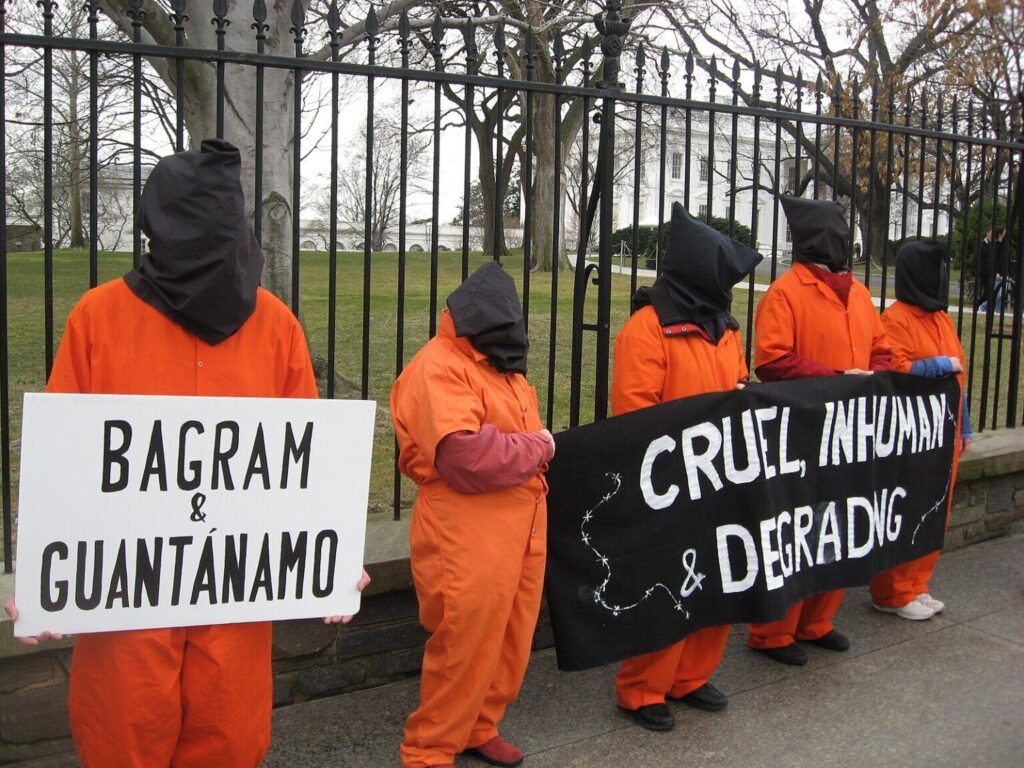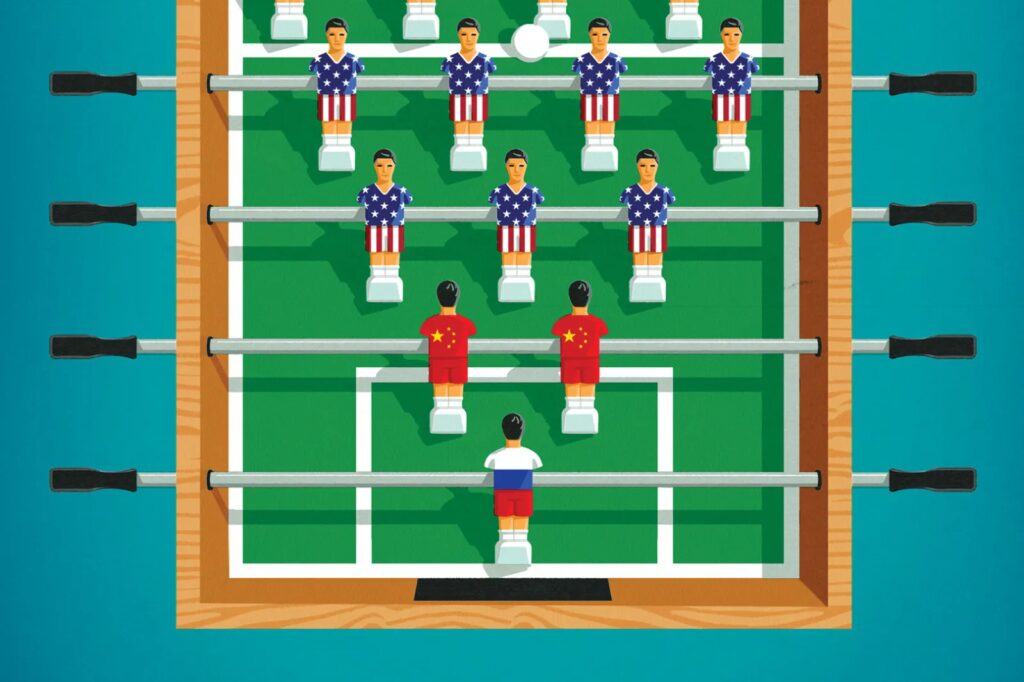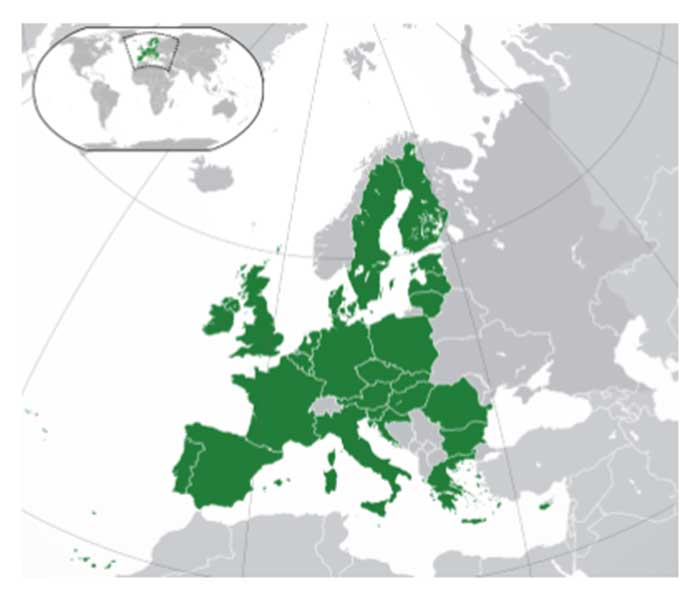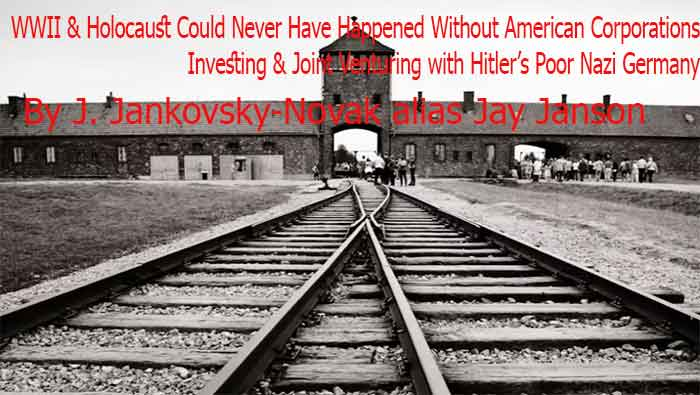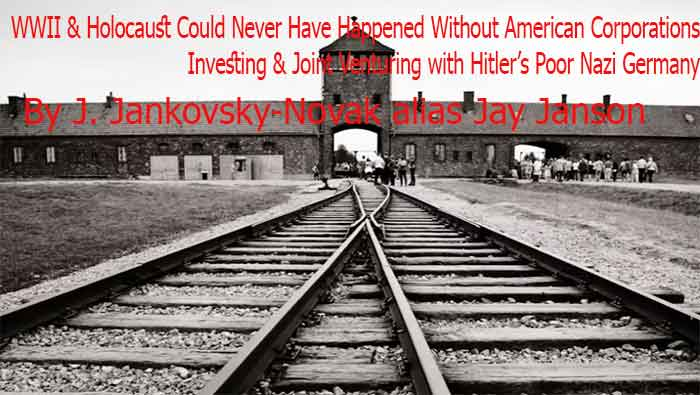Comoros Refuses to Accept Deported Migrants From French Mayotte, Closes Port

Comoros has refused to allow a boat carrying migrants to dock from the French Indian Ocean department Mayotte, where the authorities have announced a controversial operation against illegal migrants.
Comoros decided to suspended all passenger traffic at the Mutsamudu port on the island of Anjouan, where deported migrants usually land on Anjouan Island, from Monday to Wednesday, after authorities in Mayotte announced Operation Wuambushu (Take back) to remove illegal migrants who have settled in slums on the island.

